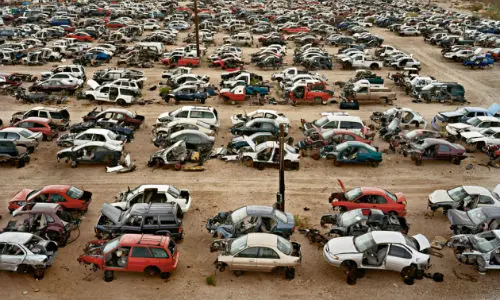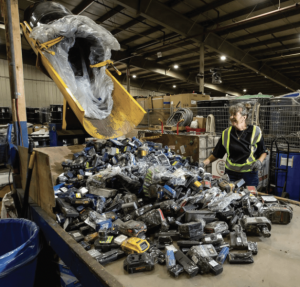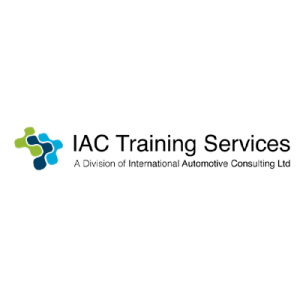Peterborough, Ontario — July 5, 2017 — After claiming that many cars have been recycled through non-compliant routes, the car industry in the United Kingdom has called upon the government to enforce regulations around the recycling of end of life vehicles (ELVs).
The Society of Motor Manufacturers and Traders (SMMT) issued the call in its 2017 Sustainability Report, which was published during the organization’s International Automotive Summit, which took place in London.
Under the EU’s End of Life Vehicles (ELV) Directive, cars and vans weighing up to 3.5 tonnes must be disposed of in an environmentally responsible way when they reach the end of life with the process paid for by the manufacturers of the vehicles through schemes such as CarTakeBack.
Vehicles entering scrap yards, which are unlicensed under the ELV regulations, are issued a certificate of destruction (CoD), a legal document proving that a vehicle has been scrapped. The SMMT has claimed that there is a large percentage of ELVs for which CoDs are not being issued.
To address this issue, the SMMT has stated: “the industry has entered into discussions with the Department for Environment, Food and Rural Affairs (Defra) and the Driver and Vehicle Licensing Agency (DVLA) to try and eliminate alternative ways of scrapping an ELV other than via a CoD, and would welcome further government effort to expedite this matter.”
Canadian Auto Recyclers magazine spoke to Steve Fletcher, Managing Director for the Automotive Recyclers of Canada (ARC) for some comments on the Canadian situation for ELVs. “We do have some regulations on ELVs in Canada although regulations vary with a country as large as Canada,” said Steve Fletcher.
“As a nation, much of Canada’s environmental regulations default to the provinces. The automotive recycling situations can vary quite a bit from Prince Edward Island to British Columbia. As an organization, we aim to meet with environmental ministries and departments in order to educate them on ELV recycling matters regulations as much as possible and advocate where modernization is required or compliance as well as enforcement where the appropriate standards are in place,” added Fletcher.


























